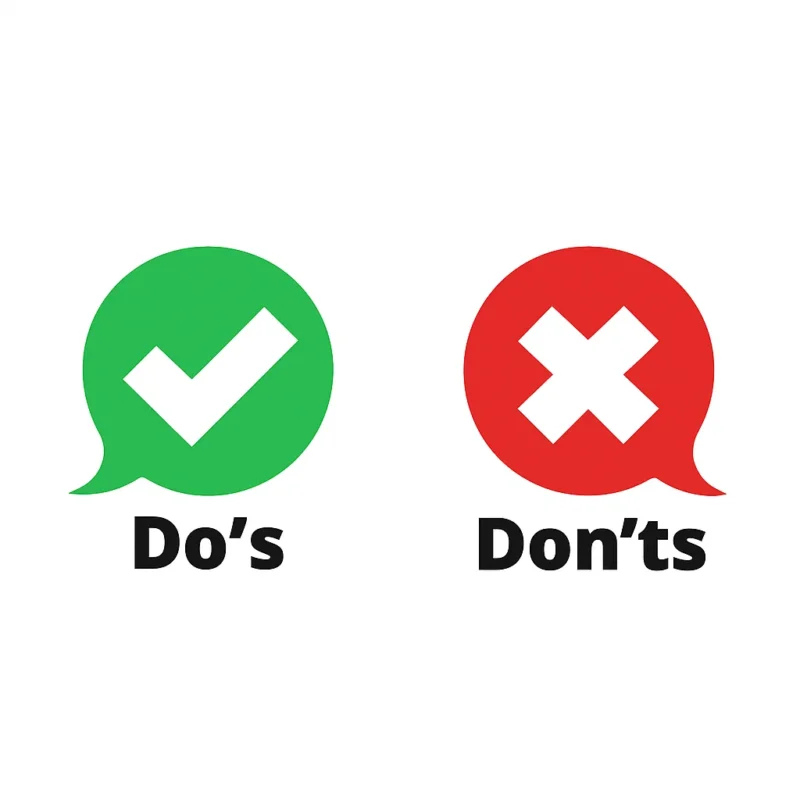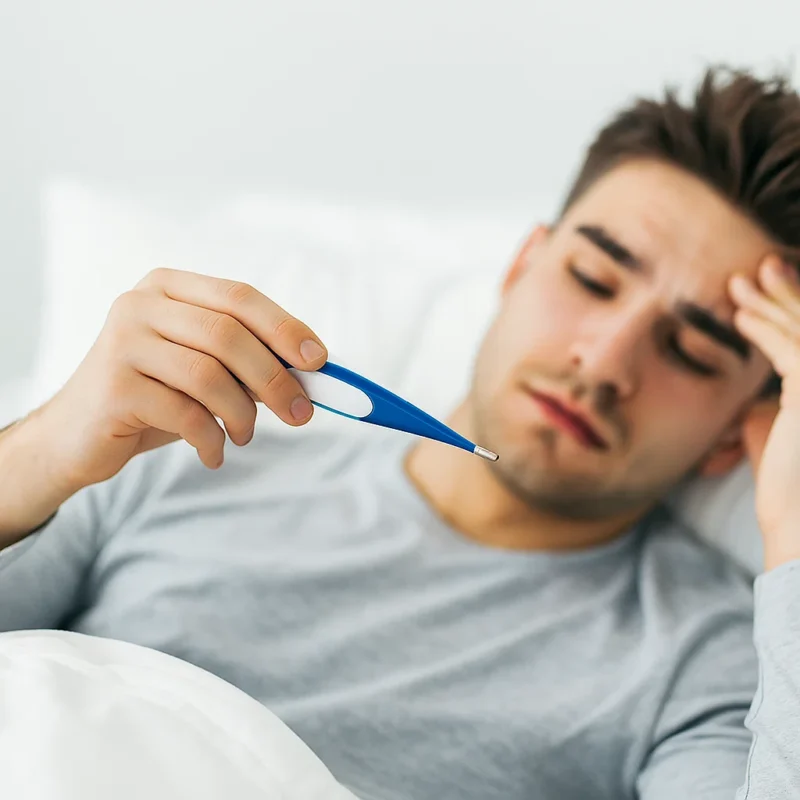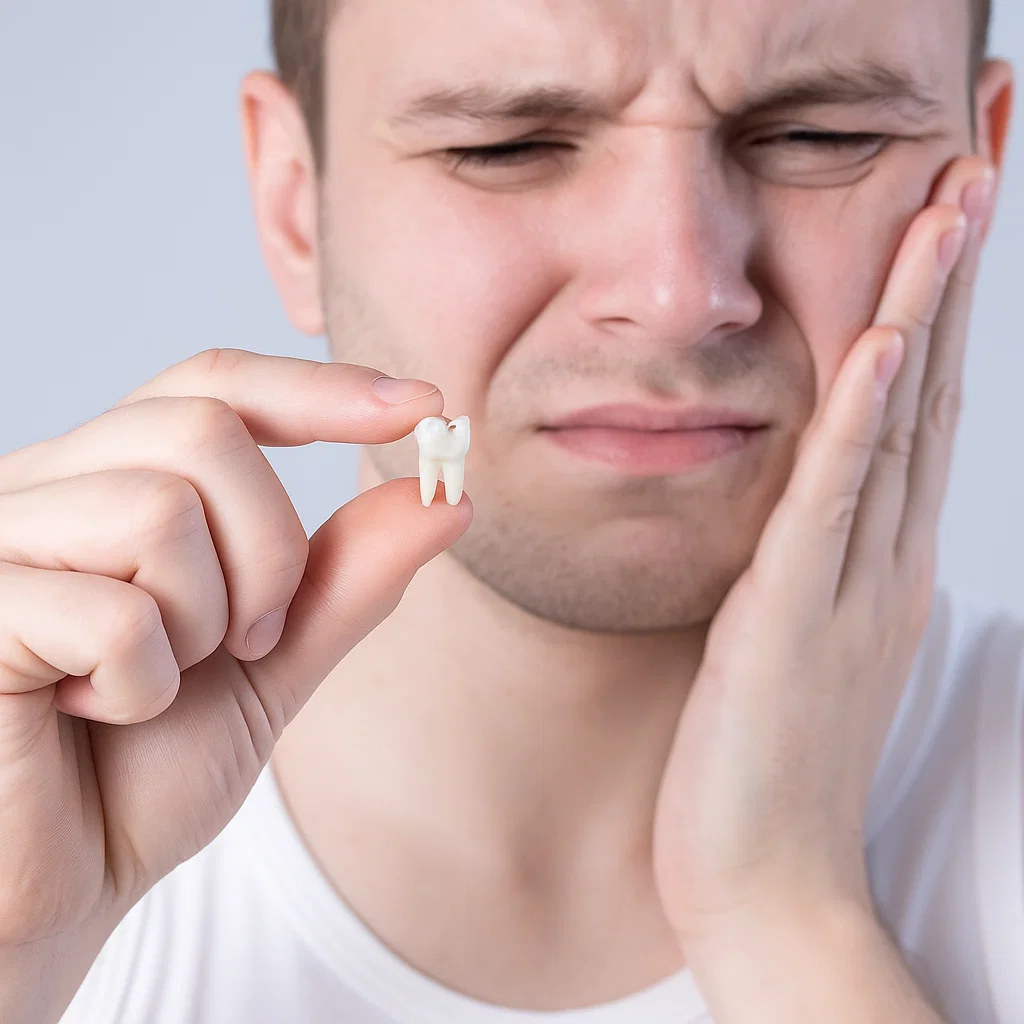After having a tooth extraction, there are a lot of factors to consider. The tooth that was extracted. Was it a wisdom tooth, a molar, a premolar, or an Incisor?. What was the procedure required? Was it a regular extraction, or did it require surgery and stitches? Do you take specific meds that might affect the healing process? Do you smoke or drink? All these are factors that might affect the healing period and the instructions post-extractions.
What to Expect after Tooth Extraction?
After getting your tooth extracted, you can expect discomfort, bleeding, bruising, and swelling. These symptoms typically last a week; if these symptoms persist for more than 2 weeks or the symptoms are not manageable, then you should visit the doctor to check for infections.

What to Do after Tooth Extractions?
The NHS advises people to do a couple of things, such as:
- Stop the bleeding by putting a gauze pad and biting firmly on it to stop the bleeding.
- Minimize Swelling by placing an ice pack on your face over the area where the extraction was performed for a couple of hours.
- Use mouthwash after 24 hours post-extraction. You can mix a teaspoon of salt into a cup of hot but not scalding water and use it. Repeat this mouthwash 3-4 times a day after eating to keep your mouth clean.
- Get plenty of rest, avoid strenuous exercise for 24 hours at least. According to a 2022 study, people who had their teeth extracted couldn’t go to work for 1-3 days following the procedure.
- Eat soft foods till you recover to give your gums enough time to heal.
What Not to Do after Tooth Extractions?
There are certain activities that you shouldn’t do after you get your tooth extracted.
- Poke at the extraction area; this can easily disrupt your healing.
- Smoke or Vape, this can constrict your blood vessels, which reduces blood flow. Reduced blood flow means less oxygen for your healing tissues.
- Spit or rinse vigorously; this can easily reopen the wound or dislodge stitches.
- Use straws; suction from drinking through a straw can dislodge the blood clot.
- Avoid Drinking Hot, Carbonated, or Alcoholic drinks.
- Aspirin should be avoided, as it acts like a blood thinner, and after extraction, a blood clot should form to protect the nerve and bones.
- Eat hard meals or foods; this can dislodge stitches and can damage the extraction area.
When to Seek Medical Help?
You should seek medical assistance in the following cases:

- In case you had a high fever after the operation.
- Extreme Pain that doesn’t get better with meds.
- Excessive bleeding after the operation.
- In case you experienced an unpleasant smell/taste.
- If there was any drainage (Pus) around the extraction area.
- If you experience a dry socket, which is when the blood clot that is supposed to cover the extraction opening never forms so it exposes the bone and nerves underneath.
- In case the swelling gets worse.
What is Teeth Replacement After Extraction?
There are common replacements for lost teeth, like:
- Dental Implants: This is the closest solution to actual teeth that medical dentistry has reached. It is an artificial tooth that is used in place of the real one, which actually gets fused with the bone over time and acts like a real tooth.
- Dental Bridge: This is a prosthesis used as a replacement for two or more missing teeth, anchored to adjacent teeth.
- Implant Bridge: It is a prosthesis used as a replacement for a couple of teeth that is anchored to an artificial root that is implanted in the gums.
Dentures: They are one of the most affordable and commonly used replacements for teeth which is a removable prosthesis that is designed to be anchored on the adjacent teeth or glued to the gums using a special adhesive.



